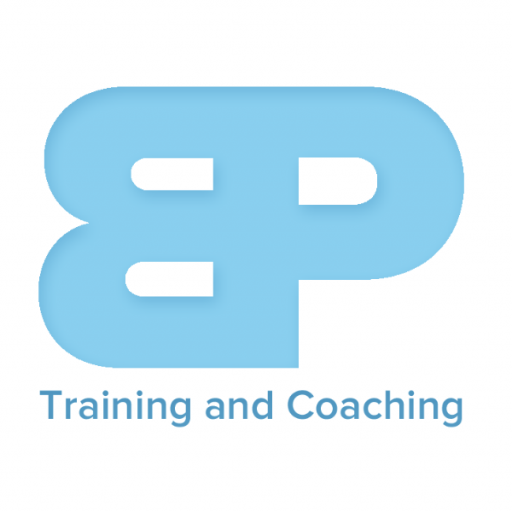While some diets may be beneficial for overall health, others can be dangerous and have harmful effects on the body. In some cases, these diets can even be life-threatening. It is important to be aware of potential dangers and approach any new diet or food trend cautiously.
One potential danger of some diets is nutrient deficiencies. Restrictive diets that eliminate entire food groups, such as vegan or raw food, can lead to nutrient deficiencies if they are not carefully planned. For example, a vegan diet can be low in vitamin B12 and iron, while a raw food diet can be low in protein and calcium.
Another potential danger is the risk of dehydration. Some diets, such as the master cleanse or juice cleanses, involve severe calorie restriction and may not provide adequate hydration, leading to dehydration and other health problems.
Other diets, such as the Atkins or South Beach diet, may be high in saturated fat and can increase the risk of heart disease and other chronic conditions.
When considering a new diet or food trend, it is important to do your research and consult with a healthcare provider or registered dietitian to determine whether it is safe and appropriate for your individual needs and goals.
My objective for this lesson is for you to research what type of diet(s) spark your interest again. However, this time I want you to look for challenges and warnings that may come with the diet(s) that you are interested in is paramount before you get started.
It will be crucial to talk to a personal care physician before changing diets if you have any health challenges or underlying conditions. I want you to understand how that diet affects them and if they are safe.
Go to Google to research the warnings and side effects of the diet(s) that interest you. Then, write down everything thing that concerns you and a pros and cons list of that diet.
